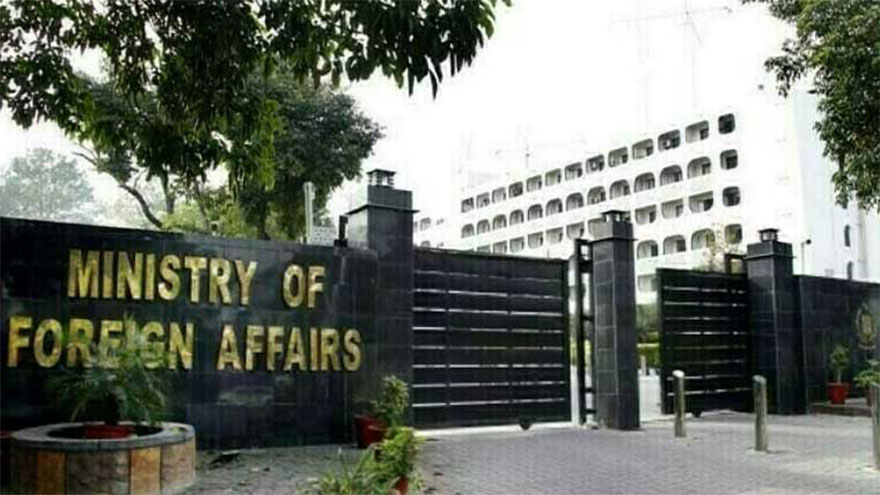The United Kingdom government launched e-visas for Pakistani students and workers on Tuesday. This initiative, part of an “enhanced” border and immigration system, replaces physical immigration documents with a digital proof of immigration status for most student and worker visas.
The announcement follows closely on the heels of a newly signed Trade Dialogue Mechanism Agreement and the establishment of a UK-Pakistan Business Advisory Council, both aimed at strengthening bilateral economic cooperation.
According to a statement from the British High Commission (BHC) in Islamabad, the e-visa is an online record of a person’s immigration permission in the UK, designed to streamline and secure the visa process. Millions already utilize e-visas for select immigration routes, the BHC noted.
Eligibility for the e-visa includes students (including those undertaking short-term study for 11 months), various Global Business Mobility routes (Senior or Specialist Worker, Graduate Trainee, UK Expansion Worker, Service Supplier, Secondment Worker), Global Talent, International Sportsperson, Skilled Worker (including health and care), several Temporary Work routes (Charity Worker, Creative Worker, Government Authorised Exchange, International Agreement, and Religious work routes), and the Youth Mobility Scheme.
Applicants applying as dependents or for visas other than study or work (e.g., general visitor visa) will still require a physical visa. Those holding valid physical visas need not take any action.
British High Commissioner Jane Marriott emphasized the simplification of the visa process for students and workers, highlighting the benefit of applicants retaining their passports. The change, she clarified, will not affect existing immigration status. Visa holders staying longer than six months are required to create a UKVI (UK Visas and Immigration) account, an online record of their immigration status. The UK government intends to expand the e-visa scheme to all visa applications eventually.







